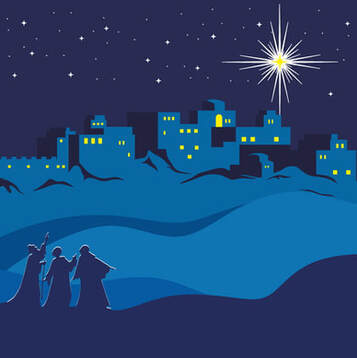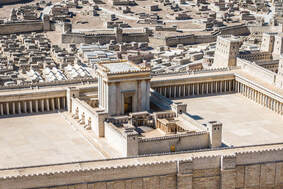God’s Favorite Verses
Who is the “Elect Lady” the Apostle John Wrote to?
Fulfilling Three Goals at One Time
Letters of Hope in the Book of Revelation
Male and Female: The Purpose of Pairs in the Gospel of Luke
Daniel and the King’s Kitchen: Applying Faith with Wisdom
The Tax Collector and the High Cost of Love
The Lord’s Prayer: What We Ask and What We Do
It Begins and Ends with Patience
The Treasures of Cirta
A Letter from God?
Asking for Wisdom Wisely
*For more favorites, check out the 12 most popular posts on our sister site TacticalChristianity.org in a few days – and look out for the new year's offerings coming soon!




 RSS Feed
RSS Feed
